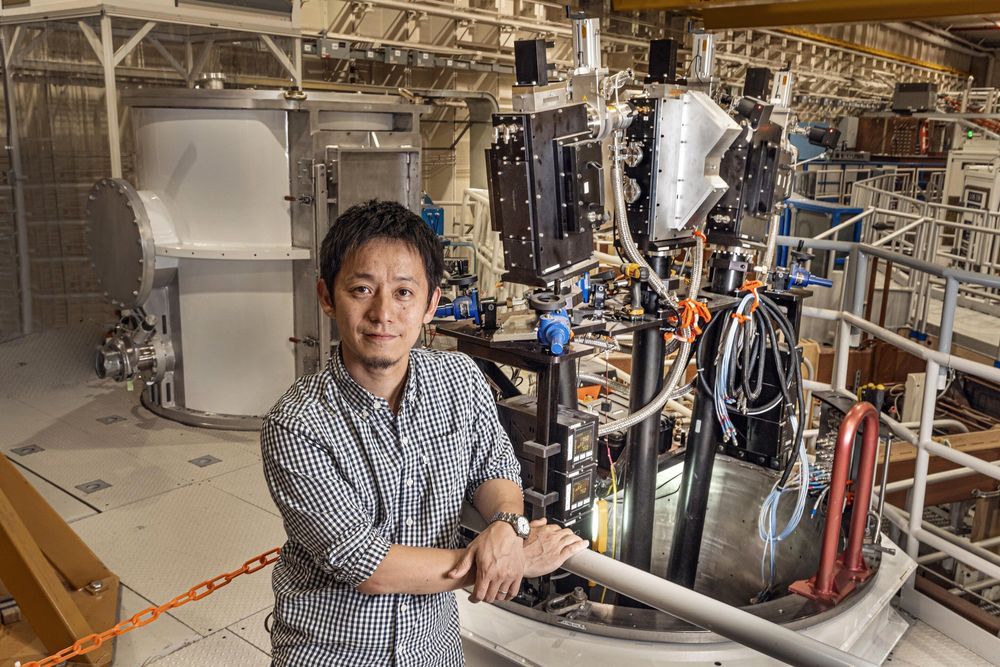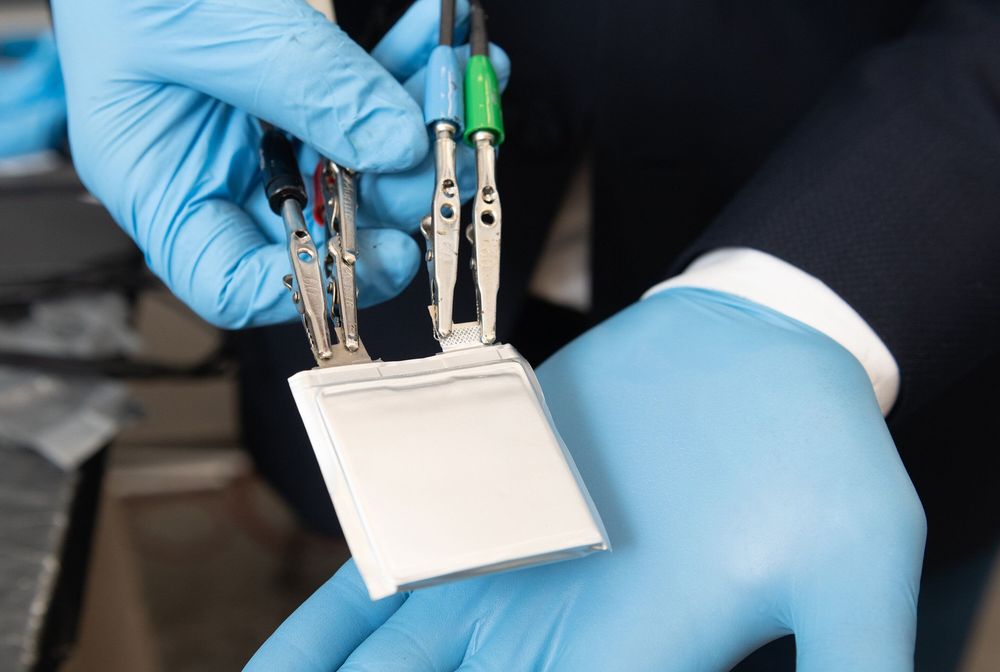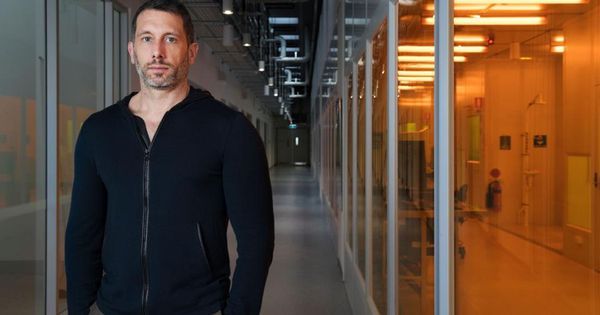Semiconductors are substances that have a conductivity between that of conductors and insulators. Due to their unique properties of conducting current only in specific conditions, they can be controlled or modified to suit our needs. Nowhere is the application of semiconductors more extensive or important than in electrical and electronic devices, such as diodes, transistors, solar cells, and integrated circuits.
Semiconductors can be made of either organic (carbon-based) or inorganic materials. Recent trends in research show that scientists are opting to develop more organic semiconductors, as they have some clear advantages over inorganic semiconductors. Now, scientists, led by Prof Makoto Tadokoro of the Tokyo University of Science, report on the synthesis of a novel organic substance with potential applications as an n-type semiconductor. This study is published in the journal Organic and Biomolecular Chemistry. According to Prof Makoto Tadokoro, “organic semiconductor devices, unlike hard inorganic semiconductor devices, are very soft and are useful for creating adhesive portable devices that can easily fit on a person.” However, despite the advantages of organic semiconductors, there are very few known stable molecules that bear the physical properties of n-type semiconductors, compared to inorganic n-type semiconductors.
N-heteroheptacenequinone is a well-known potential candidate for n-type semiconductor materials. However, it has some drawbacks: it is unstable in air and UV-visible light, and it is insoluble in organic solvents. These disadvantages obstruct the practical applications of this substance as a semiconductor.









